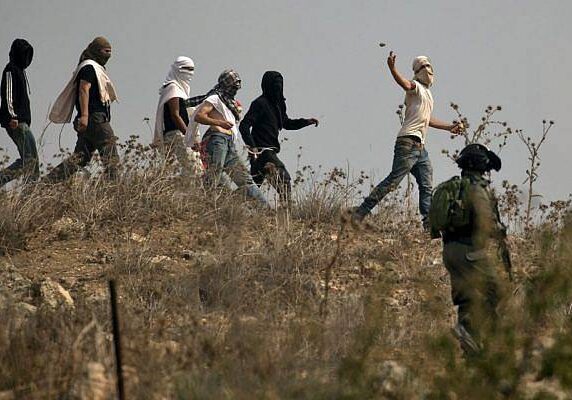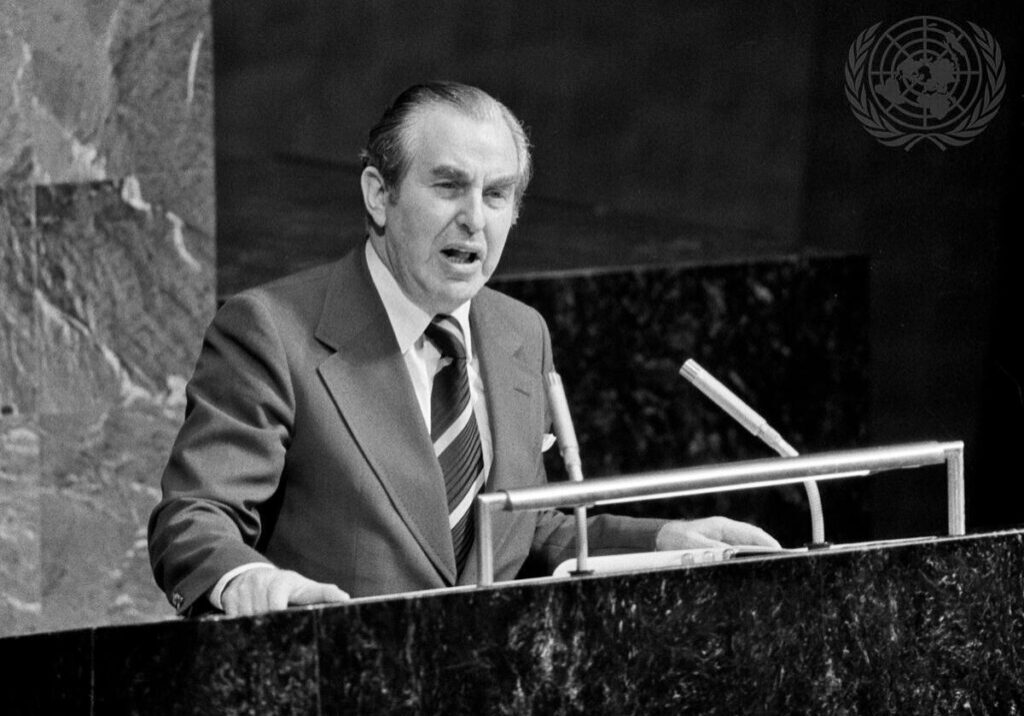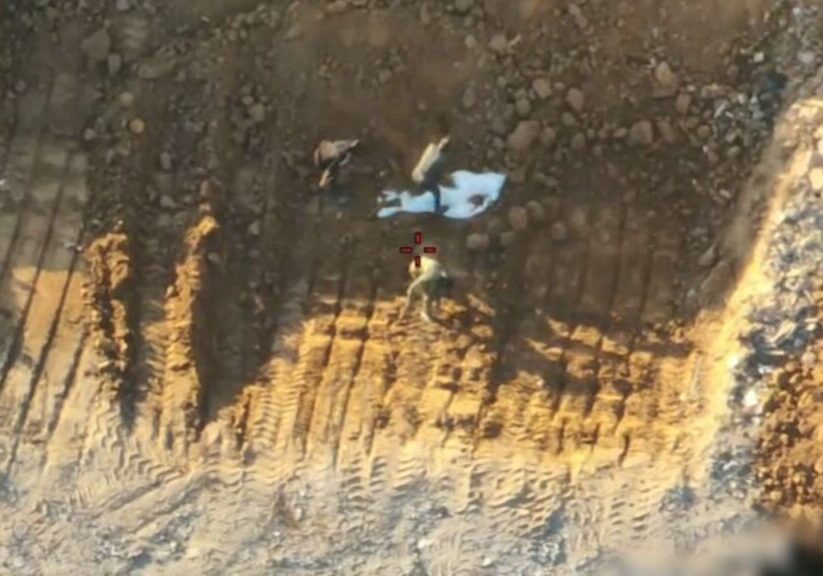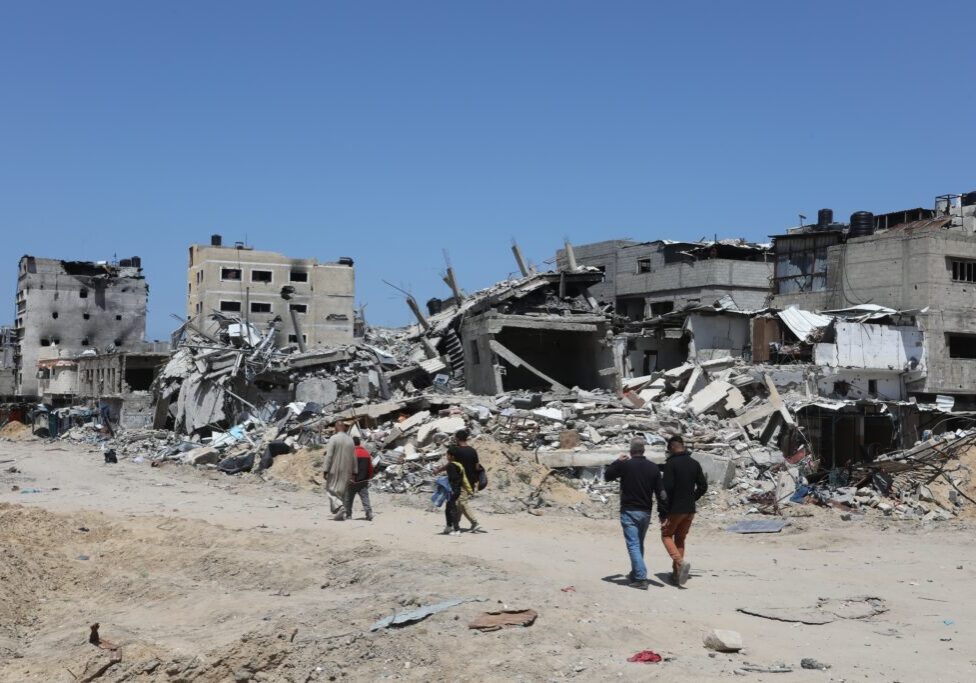Australia/Israel Review
Dershowitz: Hunger strikes, administrative detention and human rights
Sep 24, 2015 | Andrew Friedman

Andrew Friedman
Israel’s leading political and medical establishment sweated for two weeks in mid-August as the health of an administrative detainee deteriorated rapidly as the result of a two-month hunger strike. Mohammed Allaan, a senior operative of the Islamic Jihad terror group, who has been held in administrative detention since November 2014, began refusing food in mid-June to demand that Israel either charge him with a crime or release him.
The incident sparked a series of furious reactions in both the political and medical communities in Israel. Left-wing politicians such as Meretz Party Chairwoman Zahava Galon criticised Israel’s policy of administrative detention and called for Allaan’s release on medical grounds, while Israeli diplomats and security officials warned that Allaan’s death would spark an angry backlash around the West Bank and possibly a series of diplomatic censures on the international stage. That, in turn, provoked a sharp debate about the ethics of force-feeding a prisoner: Right-wing Knesset members including Miri Regev and Zeev Elkin promoted a bill to legalise force-feeding of security prisoners – a measure fiercely denounced by the Israel Medical Association, which issued stern guidelines prohibiting the forced feeding of a prisoner. That position, on the other hand, was rejected strongly by a rival group of medical ethicists, including Dr. Shimon Glick, founder of the Ben-Gurion University Medical School in Beer Sheva and Prof. Yonatan Halevy, Director-General of the Shaare Zedek Medical Centre in Jerusalem and others.
AIR correspondent Andrew Friedman caught up with famous Harvard University Professor Emeritus of Law Alan Dershowitz for a discussion about administrative detention and the legalities of force-feeding.
What are the legalities of force-feeding a prisoner?
I do not understand this issue, on any level. Prisoners have the right to refuse non-kosher food, they have the right to refuse to go to the exercise yard. They do not have the right to die. It is really that simple; I don’t even really understand what the other side of this discussion is.
In general society, the right-to-die is an enormous ethical question – does a terminally ill man have the right to end his life? How about a teenager suffering from depression?
But there is no such question regarding a prisoner. It isn’t a legal question, not a moral one, an ethical one, medical or a religious one. Humane forced feeding occurs in every hospital in the world, every day, with intravenous tubes in a measured, professional way to ensure the patient receives proper nutrition and care. We aren’t talking about torturous forced feeding here.
How about the use of administrative detention? Hundreds of Palestinians are held without charge in Israeli jails. What are the legal parameters of this issue?
The interplay between human rights and public or national security is one of the most difficult issues of jurisprudence there is. So the first point I would make on this subject is it is only a matter of discussion in countries with a serious commitment to rigorous due process and justice. Nobody is discussing administrative detention in China, Russia, Egypt or the Palestinian Authority. So the very fact that the issue of administrative detention is an issue for discussion in Israel is a positive sign.
The second thing I would point out is that all countries employ administrative detention in some form: England faced this issue during both world wars, and during the British mandate in Palestine. That’s where Israel inherited its laws of administrative detention. More recently, American law over the years has developed “stretch points” to deal with issues that could have an impact on public safety.
Thousands of people are held here without bail pending trial – a form of administrative detention.
Take the issue of sex offenders, many of whom continue to be held in “mental hospitals” or “confinement centres” well past their release dates. But these are really euphemisms for prison, and the issue is really a form of administrative detention, with little judicial oversight or public discussion, only because they might re-offend. In the 1960s, there were more people in jail in America for crimes they might have committed, than for crimes they actually did commit.
And because of that, the main question in my mind is similar to the question of boycotting Israel: If every country in the world utilises administrative detention in one form or another, why is Israel singled out for criticism?
Is the issue more complicated in the Israeli context?
Of course. Especially in the case of Israel in the territories, you’re talking about individual cases that cannot be heard in a civilian court – either because the evidence surrounding the case is entirely based on hearsay, or on intelligence sources that cannot be revealed in public. So how do you ensure public safety and national security while still maintaining some fealty to legal principles?
In cases like this, you’ve essentially got three options:
• Release him, with the understanding that you’re likely to have more terrorism, but your criminal justice system remains intact.
• Create an explicit system to deal with this issue. Israel is a good example of this – there are many safeguards and guidelines governing the use of administrative detention.
• You loosen the rules of hearsay evidence. This is the worst possible option, because the accused lose their right to confront their accusers (let’s say the accuser is an undercover agent. Or the evidence is a tightly guarded piece of national security intelligence).
There is no good answer to this dilemma. By definition, there are only degrees of bad.
You say the Israeli system is a good example of trying to balance democracy with the fight against terror. How does Israel compare, say, to the American model?
There is no comparison to be made. Compare Israel’s use of administrative detention to the reality at Guantanamo Bay. Prisoners can be held there for many years without meeting with a lawyer, and without being brought before any sort of tribunal at all. There is no semblance of judicial process at all.
In Israel, on the other hand, you’ve got a lot of constraints over the application of due process. For instance, lawyers who are involved with administrative detention cases must have a certain level of security clearance to view the evidence. And the cases are reviewed every six months.
Ultimately, I’d guess that if Israel abolished administrative detention, at least half of the prisoners released could be tried. But it’s important to note that this issue in Israeli society does not have enormous currency or impact, certainly not when compared to the major issues facing Israeli society – the future of the occupied territories, settlements, religion and state issues, etcetera.
But most Israelis understand full well that some, or even many of the detainees are members of organisations that want to destroy the State of Israel, so they don’t get too upset about holding them without charge.
This article is featured in this month’s Australia/Israel Review, which can be downloaded as a free App: see here for more details.
Tags: Israel






